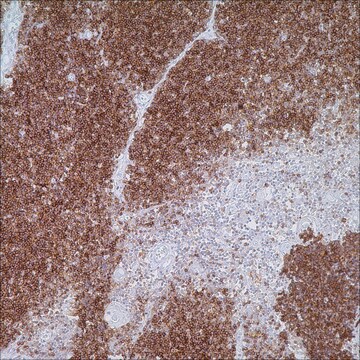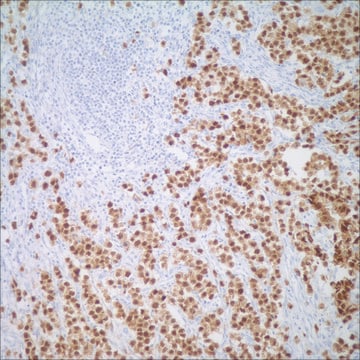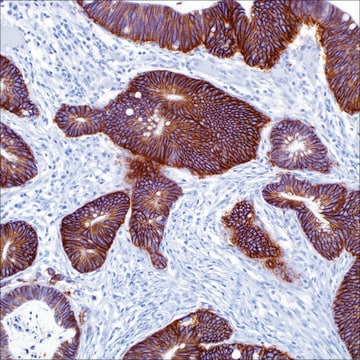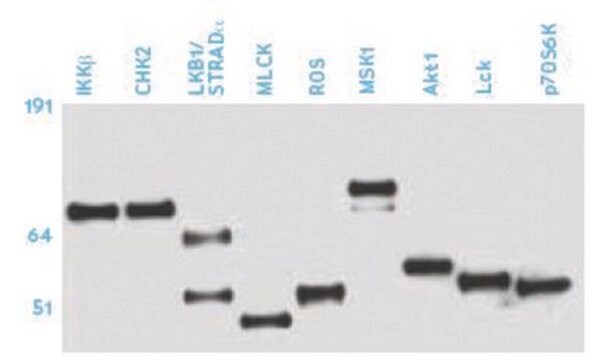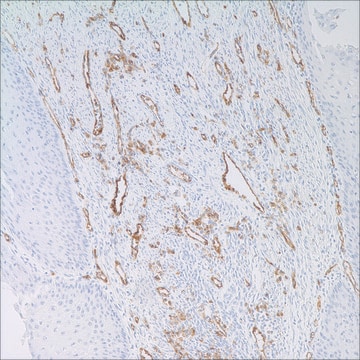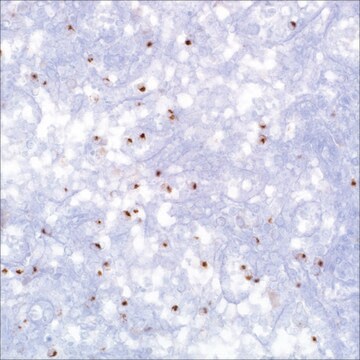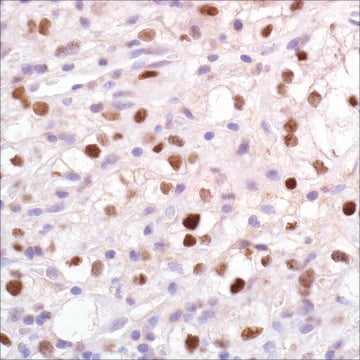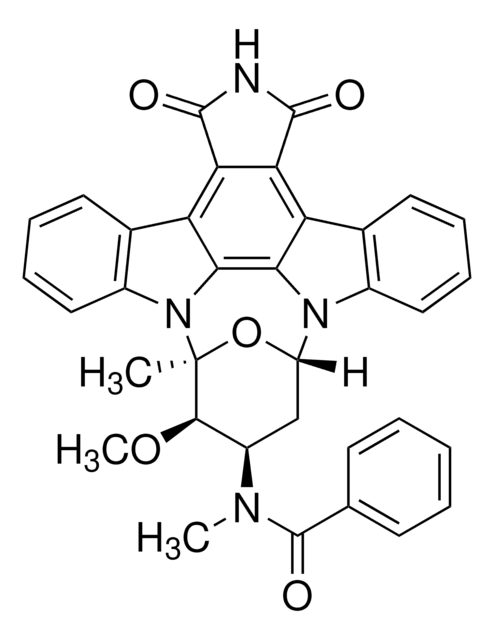About This Item
Recommended Products
biological source
mouse
Quality Level
100
500
conjugate
unconjugated
antibody form
culture supernatant
antibody product type
primary antibodies
clone
2G9, monoclonal
description
For In Vitro Diagnostic Use in Select Regions (See Chart)
form
buffered aqueous solution
species reactivity
human
packaging
vial of 0.1 mL concentrate (121M-14)
vial of 0.5 mL concentrate (121M-15)
bottle of 1.0 mL predilute (121M-17)
vial of 1.0 mL concentrate (121M-16)
bottle of 7.0 mL predilute (121M-18)
manufacturer/tradename
Cell Marque™
technique(s)
immunohistochemistry (formalin-fixed, paraffin-embedded sections): 1:25-1:100
isotype
IgG2a
control
tonsil
shipped in
wet ice
storage temp.
2-8°C
visualization
membranous
Gene Information
human ... CR2(1380)
General description
Anti-CD21 is useful in the identification of follicular dendritic cell matrix found in normal lymph nodes and tonsillar tissue. This antibody also labels follicular dendritic cell sarcomas.
Anti-CD21 is valuable in differentiating follicular lymphoma with marginal zone differentiation from marginal zone lymphoma with follicular involvement. It also plays a role in distinguishing among nodular lymphocyte predominant Hodgkin lymphoma, lymphocyte-rich classic Hodgkin lymphoma, and T-cell/histiocyte-rich B-cell lymphoma in combination with other B-cell and T-cell markers.Anti-CD21 is also useful in identifying abnormal follicular dendritic cell pattern in angioimmunoblastic T-cell lymphoma and follicular T-cell lymphoma.
Linkage
Physical form
Preparation Note
Other Notes
Legal Information
Not finding the right product?
Try our Product Selector Tool.
Choose from one of the most recent versions:
Certificates of Analysis (COA)
Don't see the Right Version?
If you require a particular version, you can look up a specific certificate by the Lot or Batch number.
Already Own This Product?
Find documentation for the products that you have recently purchased in the Document Library.
Our team of scientists has experience in all areas of research including Life Science, Material Science, Chemical Synthesis, Chromatography, Analytical and many others.
Contact Technical Service